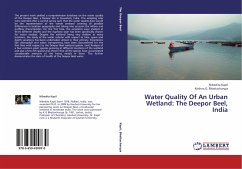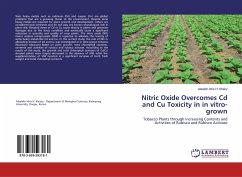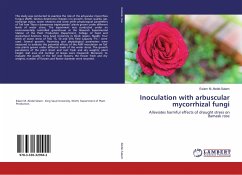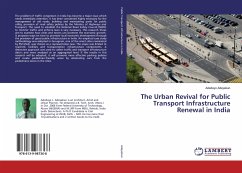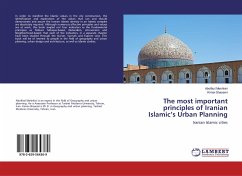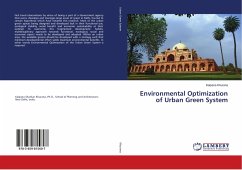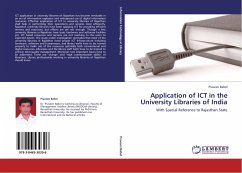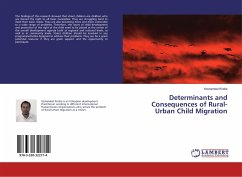The present work yielded a comprehensive database on the water quality of the Deepor Beel, a Ramsar site in Guwahati, India. The sampling sites were selected after a careful survey such that the water quality data would be the representative of the whole wetland covering all possible differences in location geography and taking into account the inflow and outflow characteristics. For the first time, the variations were studied at three different depths and the euphotic layer has been specifically chosen for water analysis. Despite the wetland being very shallow at many locations, the study of the water column with respect to time, space and depth variations has been undertaken almost in their entirety. Parameters like chlorophyll and water transparency have been documented for the first time with respect to the Deepor Beel wetland system. (xvii) Analysis of a few common plant species growing at different locations of the wetland and also a few fish species has shown that all the species have accumulated considerable amounts of the heavy metals in them. This further demonstrates the state of health of the Deepor Beel water.

